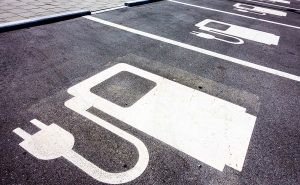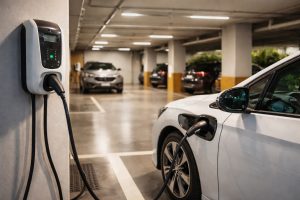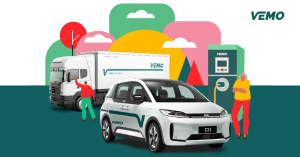
PwC: Brazil Leads Electric Vehicle Purchase Intent in Latin America
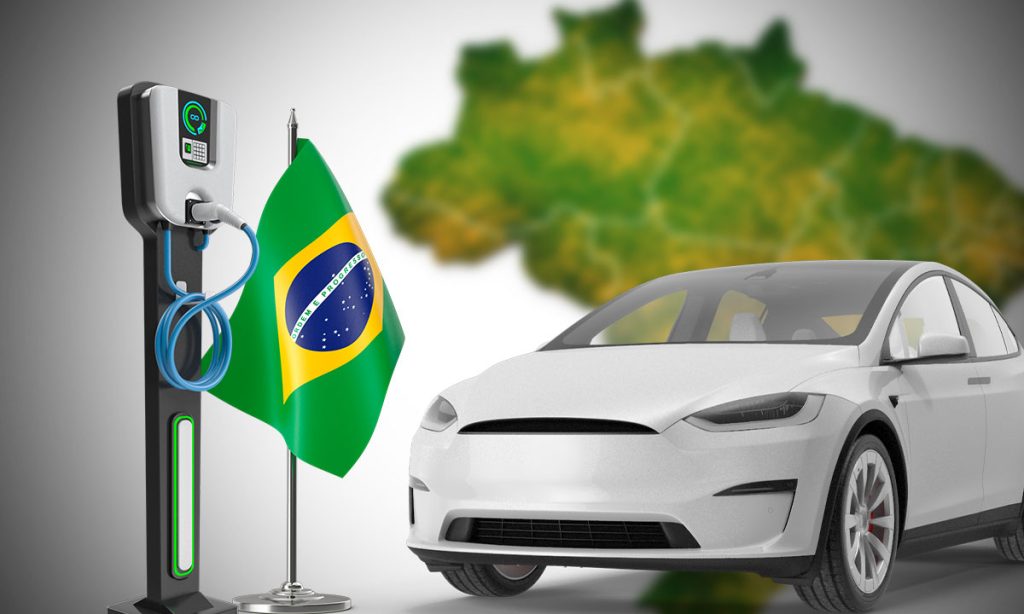
75% of Brazilians consider acquiring an electric car by 2029, far exceeding the world average of 62%.
An exhaustive study by consulting firm PwC across 27 countries positions Brazil as the Latin American market with the greatest inclination toward electric mobility, according to a report published by eixos.
You may also be interested in: São Paulo Expands Sustainable Fleet with 115 New Electric Buses
Key Motivations for Change
The analysis identifies three main factors driving Brazilian consumers’ interest. First, fuel savings emerge as the primary economic incentive.
Second, environmental benefits and reduced carbon footprint carry increasing weight in purchase decisions.
Finally, the convenience of home charging represents a significant practical advantage.
A particularly revealing statistic shows that 100% of current electric vehicle owners in Brazil stated they would not return to internal combustion engine cars, demonstrating unprecedented satisfaction with the technology.
Barriers to Mass Adoption
Adriano Correia, Energy Leader at PwC Brazil, pointed out the main challenges hindering greater penetration. The limited public charging infrastructure, especially outside major urban areas, remains a significant barrier.
Additionally, a substantial price gap persists, with electric vehicles still costing 30-40% more than their conventional counterparts.
“The advancement of electrification is essential to meet Paris Agreement commitments,” explained Correia, “but Brazil still faces important challenges before achieving mass adoption.”
Among these challenges stands out the need to implement more robust tax incentives and public policies to accelerate the transition.
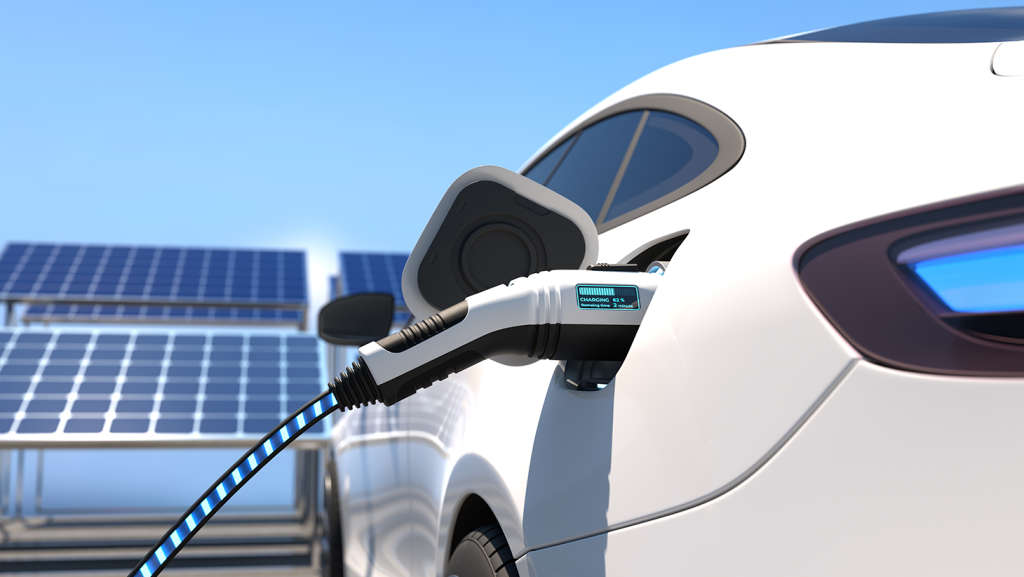
Contrast Between Markets
PwC‘s study reveals an interesting global trend: emerging economies show notably greater enthusiasm for electric vehicles compared to developed nations.
Indonesia leads the ranking with 83% purchase intent, followed by China (79%), Brazil (75%) and India (74%).
This picture contrasts sharply with traditional markets like Germany (58%) and the United States (51%), where interest is significantly lower.
Analysts attribute this difference to the strong presence of alternative technologies, such as hybrid vehicles, in developed countries.
Opportunities for the Automotive Industry
Experts highlight Brazil’s potential to become:
- A regional manufacturing hub for Latin America
- A laboratory for sustainable urban mobility solutions
- A strategic market for developing affordable models adapted to local conditions
PwC‘s study, which included surveys of 17,000 consumers and detailed analysis of infrastructure and public policies, projects that Brazil could reach 25% penetration in electric vehicle sales by 2030 – a significant jump from the current 3%.
This transition, however, will largely depend on how current challenges in infrastructure, costs and incentive policies are addressed.
São Paulo as Epicenter of Sustainable Mobility
Given these prospects, Latam Mobility is preparing a key meeting in São Paulo, an ideal space to discuss the future of sustainable mobility in Brazil and the region.
On May 7-8, 2025, the Latam Mobility & Net Zero Brazil 2025 will feature workshops, specialized content sessions and exhibition areas dedicated to facilitating contact with innovative market products and services, as well as strengthening networking – thus continuing to drive sustainable mobility in Brazil and the southern continent.
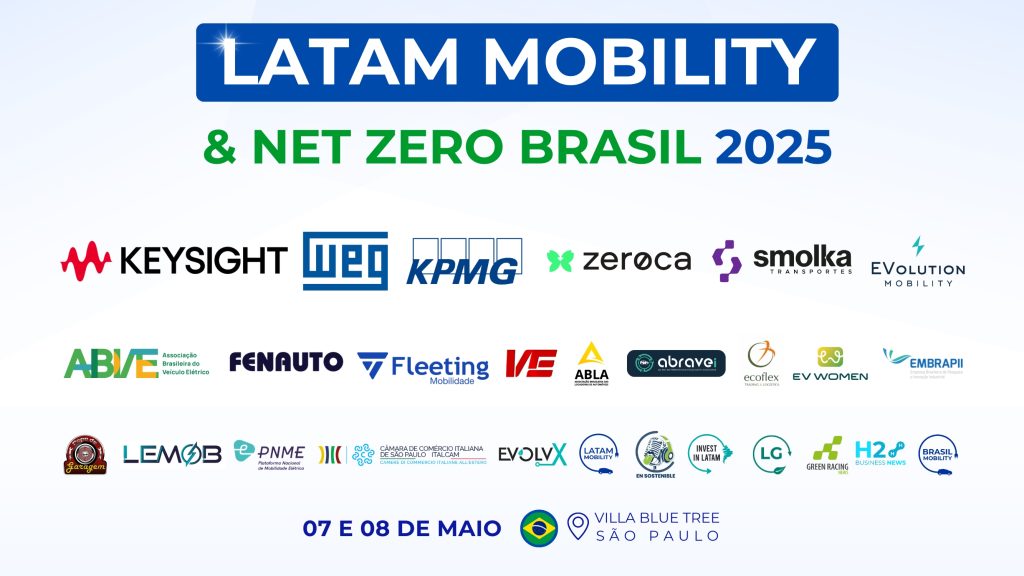
For more information on participation and branding opportunities, email us at: info@investinlatam.org
Contact us via WhatsApp or take advantage of pre-sale tickets for São Paulo here.




